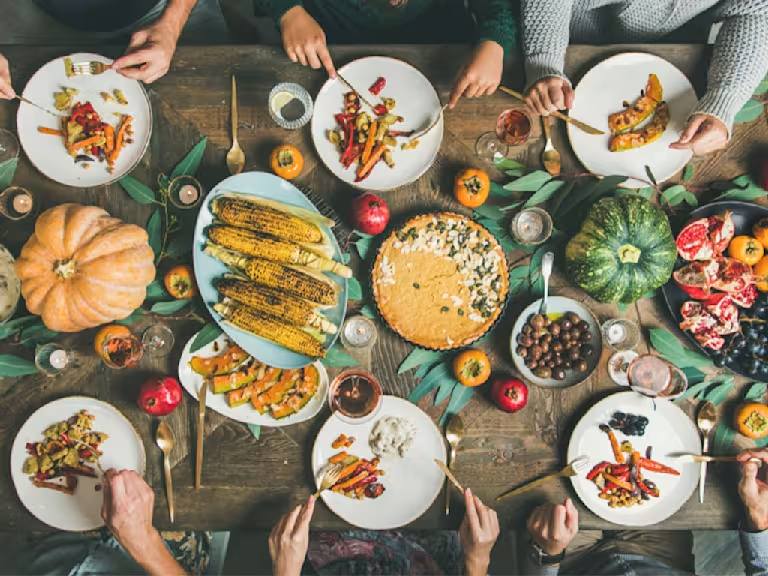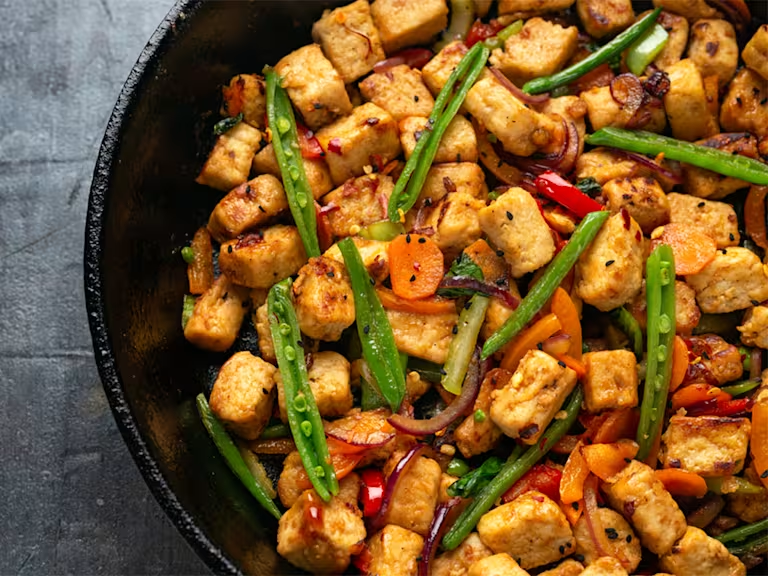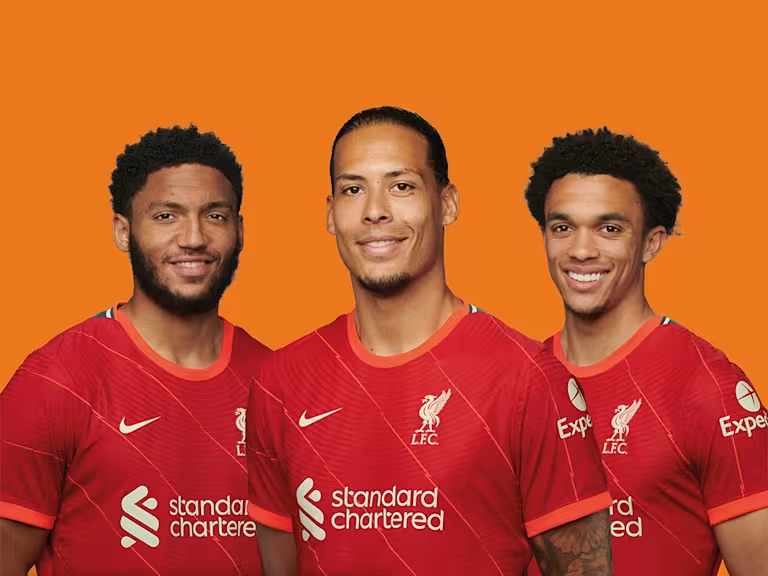
How to Eat a Low-Calorie Diet Without Losing Energy

If you’re on a weight loss journey and want to feel (and look) healthier, then it’s all about what you eat and how much you move your body. Weight loss occurs when your body is in a calorie deficit (that is, you’re burning more calories than you are consuming). When you are in a calorie deficit, your body turns to already existing fat stores for energy, meaning that over time – with dedication and effort – you will lose weight.
If you’re on a weight loss journey and want to feel (and look) healthier, then it’s all about what you eat and how much you move your body. Weight loss occurs when your body is in a calorie deficit (that is, you’re burning more calories than you are consuming). When you are in a calorie deficit, your body turns to already existing fat stores for energy, meaning that over time – with dedication and effort – you will lose weight.
Low calorie diets tend to focus on lots of protein to keep you feeling full, followed by lots of vegetables, a small amount of wholegrains, and some fruit. But how can you keep up a long-term low calorie diet and still have the energy to get everything done in your busy day?
Some of the benefits of a low calorie diet
One of the main benefits of consuming a diet low in calories is that, when done correctly, it’s a safe way to control (or lose) weight. It’s the most important factor when it comes to changing your physique and body composition, so you’ll want to make sure that your meals contain a good mix of protein, fats and fibre to keep you feeling satiated.
Keeping track of your caloric intake will also allow you to maintain an existing weight if you’re in a healthy weight range for your height and gender. A low calorie diet, even in people who are not obese, has been shown to lead to changes in metabolism and body chemistry that are linked to better overall health and longer lifespans. These findings also support the theory that eating less prevents heart disease, cancer and diabetes, and slows down the ageing process.
The choices we make when it comes to our diets have serious impact on our overall quality of life!
Another benefit of a low calorie diet is that they often focus on consuming large amounts of fresh fruits and vegetables. This is a great way to ensure your body is receiving all the vitamins and minerals it needs to function optimally, giving you lots of energy and keeping your gut microbiota healthy with a wide variety of foods.
Giving your body everything it needs to fulfil nutritional requirements may also ward off sickness and help boost the strength of your immune system, so you’ll find yourself getting sick less often.
Examples of low calorie foods
The key to a low calorie diet is eating foods that are obviously low in calories, but are also going to keep you full so you don’t just feel hungry again an hour or two later! Thankfully, there are many foods that are low in calories, filling enough to keep you high in energy throughout the day, and also delicious.
● Oats - Low in calories but high in fibre and protein to keep you full ● Greek yoghurt - Helps to curb cravings and promotes weight loss ● Berries - Loaded with vitamins, minerals and antioxidants ● Eggs - Low calorie and nutrient dense ● Meat-free alternatives - Products like Quorn are high in protein and ideal for vegetarians and vegans ● Chia seeds - High amount of easily digestible protein and fibre ● Fish - Rich in protein and heart-healthy fats ● Lean meat - Reduces hunger and curbs appetite between meals ● Legumes - Beans, peas and lentils to keep you full ● Watermelon - High water content to keep you full and hydrated
How to not lose energy while following a low calorie diet
As your body gets used to consuming a smaller amount of calories throughout the day, you’re bound to experience a lag in your energy levels when you first begin your low calorie journey. However, there are a few ways that you can make sure you still have enough energy to achieve everything you need to get done in the day.
Have a high energy breakfast
Our first tip is to never skip breakfast! Eating breakfast gives your body the energy it needs to get up and get going. Carbohydrates are an easily digestible source of energy for your body, so an ideal low calorie breakfast might be a cup of cooked oats with two tablespoons of yoghurt and a handful of berries.
Pack a lunch from home
If you don’t have the privilege of eating lunch at home and instead find yourself eating lunch at your desk most days, you’ll need to avoid the hawker food stalls at lunchtime if you’re wanting to stick to your low calorie diet.
Instead, pack a lunch from home that’s filled with the right nutrients to keep you full until dinner. This could be a sandwich with a Quorn Southern-Fried Burger, wholemeal bread and salad, or maybe a stew with a high-protein element and lots of vegetables.
A light, healthy, quick dinner
To lose weight, you’ll want to avoid eating a large meal late at night right before you go to bed. You body repairs and replenishes itself overnight, and eating a large meal at night time will only mean that you’re not burning as many calories as you could be while you’re sleeping.
Try to eat healthy fats at dinner time, like avocado, salmon, oils, nuts and seeds. This will make sure that you’re full until morning and will prevent any midnight snacking! It might also be a good idea to pre-cook your dinner meals at the beginning of the week, to make sure you’re not tempted to stop at your favourite Char Kway Teo place on your way home from work.
Choose low-calorie alternatives to usual ingredients
There are many alternatives available for the discerning shopper today to high calorie standard items, in particular meat. Meat is a high calorie and dense product for your body to process, which can impact your total caloric intake for the day.
However there are meat alternatives, such as Quorn products, available for those looking to lower their daily calories. Quorn products are derived from Quorn's mycoprotein, which has been clinically researched and found to be a sustainable, nutritious, and calorie-sensible option that won’t leave you feeling like you’ve completely changed your diet (only a little!).
Taking steps towards a healthier life with a low calorie diet
Whether you’d like to completely overhaul your life and lose 10 kilograms, or you’re just looking to make sure you don’t let those kilograms slowly creep up, eating a low calorie diet can help you achieve your health goals.
If you’re looking for a healthy, quick, easy and vegetarian product to increase your protein intake and use instead of meat in your low calorie cooking, why not try out Quorn? It’s new to Singapore and is great in stir fries, noodles, casseroles and stews.




